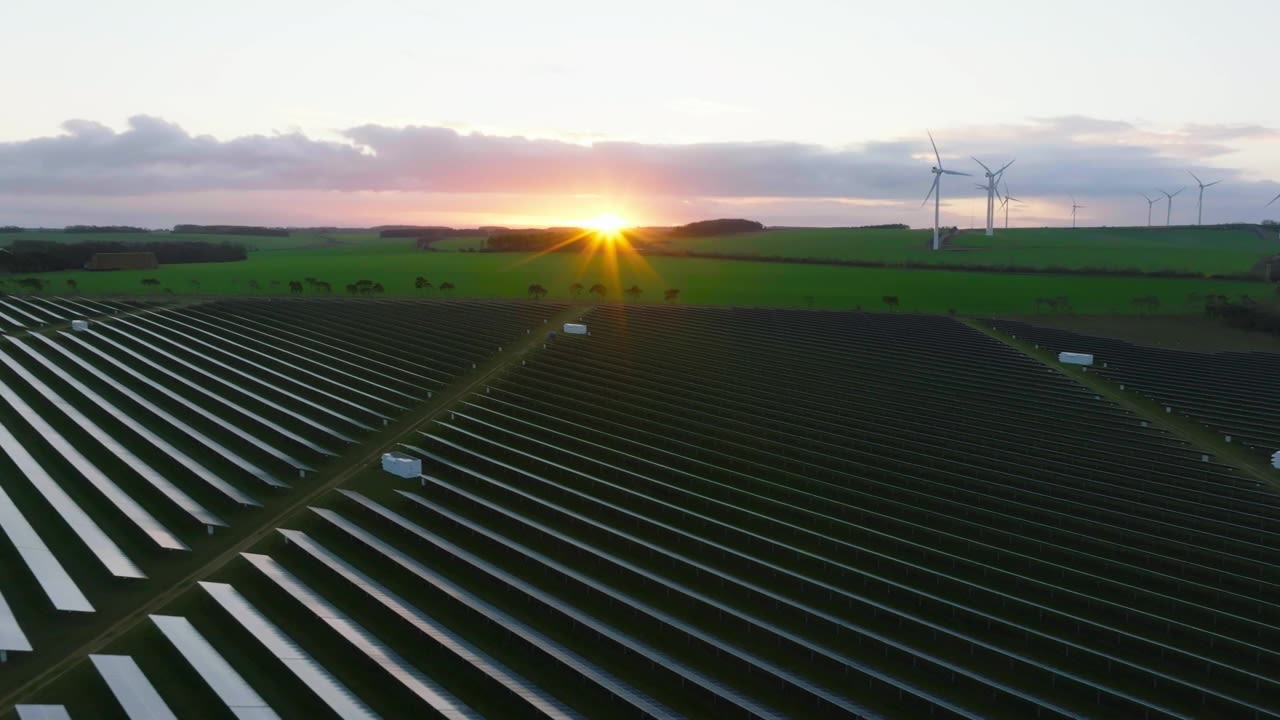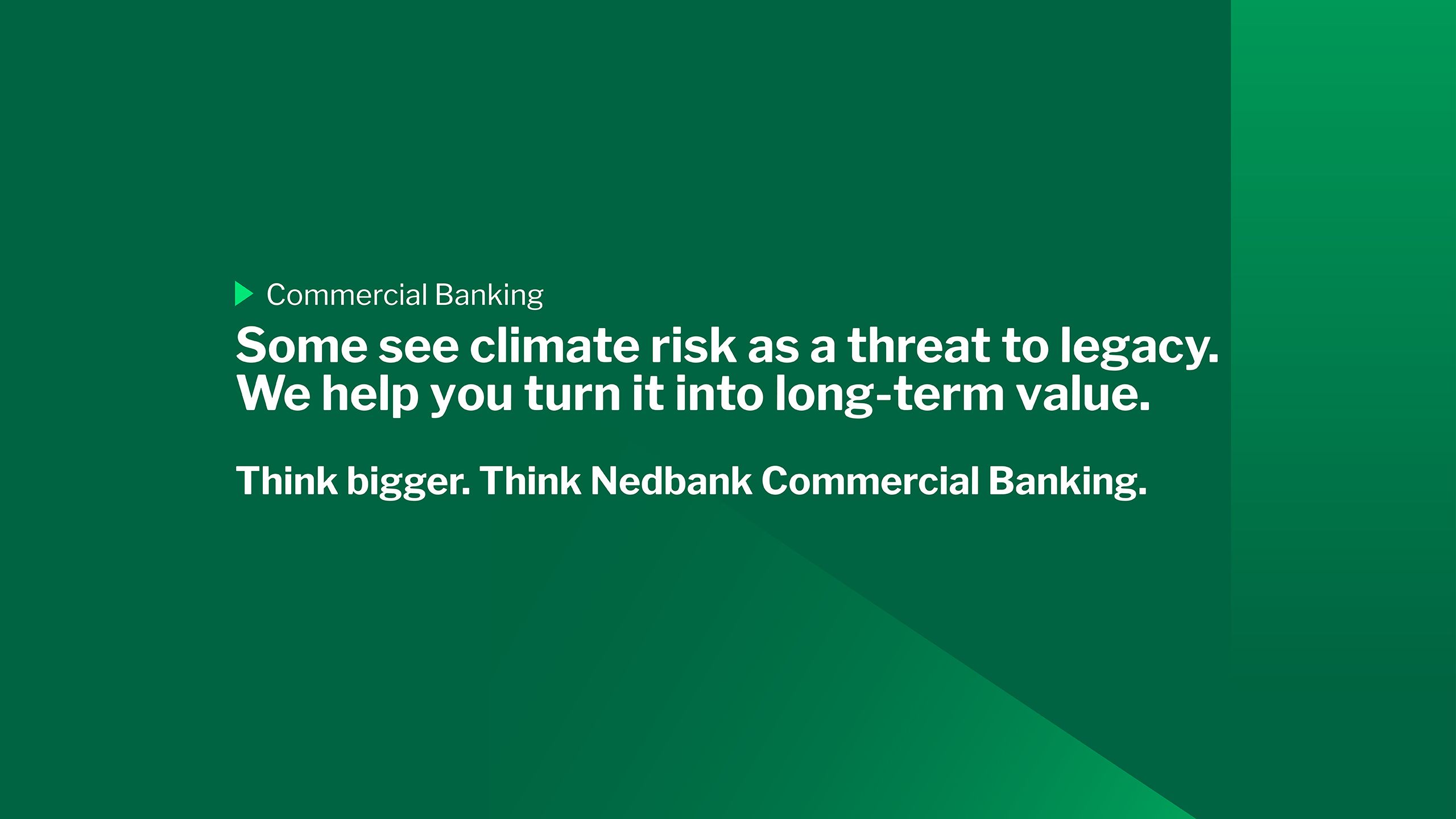Nedbank urges medium-sized businesses to accelerate sustainability efforts

South Africa's medium-sized businesses are facing increasing pressure from climate change, global decarbonization, and shifting trade rules. Nedbank offers tailored solutions and funding to help these businesses build resilience and succeed in a low-carbon economy.
South African businesses are no strangers to disruption. Although electricity supply has stabilised, deeper structural challenges are emerging. Global decarbonization demands, water constraints, and tightening trade requirements are forcing companies to rethink their operations. A survey by SAGE, the International Chamber of Commerce, and PwC UK found that 70% of South African SMEs view sustainability as a priority, yet only 4% report on their actual impact.
Kudzayi Mazikana, Head of Sustainability at Nedbank Business and Commercial Banking, warns that this gap between intention and implementation is risky. 'Businesses that delay transition planning risk higher costs, missed opportunities, and possible exclusion from global value chains.'
A recent survey by Nedbank Business and Commercial Banking reveals that while many large South African corporates are already planning their sustainability transitions, most medium businesses are lagging.
"There are varying awareness levels regarding the impact of climate change among our medium to large clients. Larger companies tend to have a more robust understanding of what the transition requires and are allocating more resources to manage it effectively. This is in part driven by accounting standards and ESG reporting obligations. In sectors like fuel and heavy manufacturing, clients are notably more advanced in managing their carbon footprints compared to other sectors like agriculture, where compliance and emissions reporting remain less developed," explains Mazikana.
Nedbank's survey highlights that only a handful of medium businesses have formal transition plans in place. Many remain hesitant to pursue decarbonisation until confronted with immediate pressures, such as restrictive procurement policies that increasingly exclude high-emitting suppliers, or the EU's Carbon Border Adjustment Mechanism, which penalises carbon-heavy imports. This hesitation could be costly. It not only limits export opportunities but also increases exposure to risks like operational disruptions due to extreme weather disruptions and higher costs from carbon-intensive energy sources.
Renewable energy in South Africa is no longer about survival – it's a critical lever for resilience and cost efficiency. At the same time, water security is becoming essential as droughts, floods, and shortages intensify.
"We're engaging with clients to support their transition," says Mazikana. "This includes financing clean energy and water solutions to help businesses withstand energy disruptions and water shortages, with the long-term objective of running sustainably."
Although South Africa lacks strong regulatory drivers for decarbonisation, pressure is mounting from investors, clients, and international markets.
To encourage businesses to be more proactive, Nedbank continues to finance clean energy generation, energy storage, water security, and production efficiency projects as part of its broader sustainability offering.
The global economy is moving towards low-carbon production and trade. Businesses that act early can gain a competitive edge, accessing export markets, attracting investors, and strengthening supply chain credibility.
"Energy stability, water security, and improved production efficiencies are no longer side projects, but strategic business priorities," concludes Mazikana. "Those who take proactive steps will be better positioned to grow and thrive in a rapidly changing economy."

Visit the Nedbank Commercial Banking page business.nedbank.co.za or use the 'Let us contact you' form to explore tailored financing solutions for building a resilient and future-ready business.

Read more stories like this on Nedbank's Climate Resilience in Action content hub


